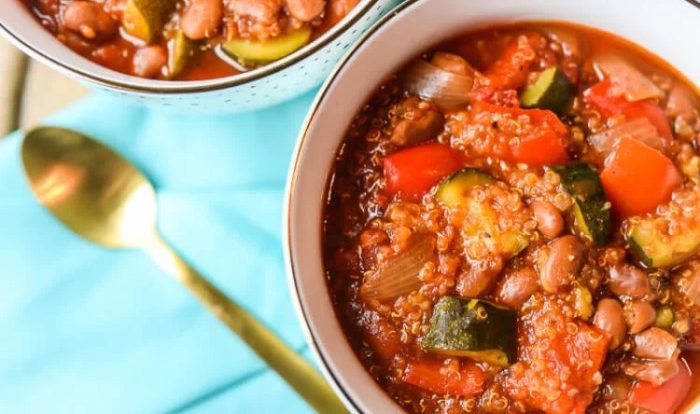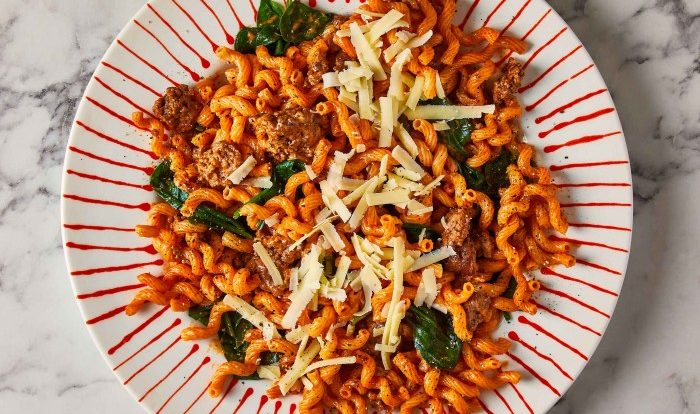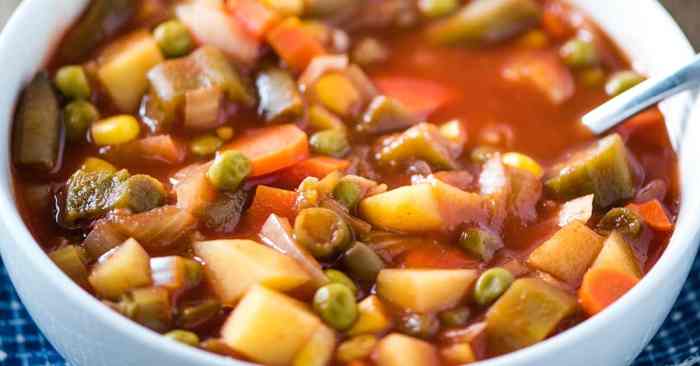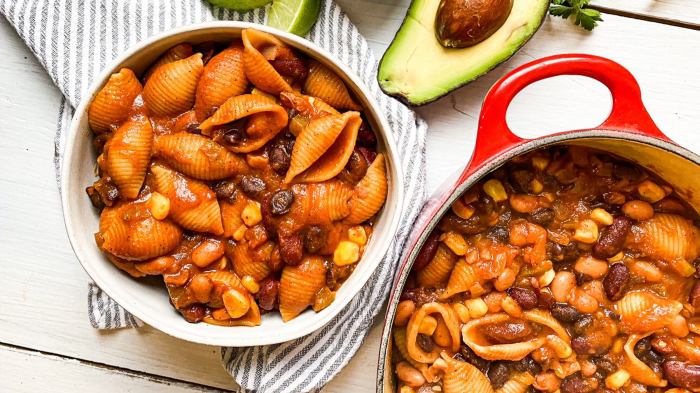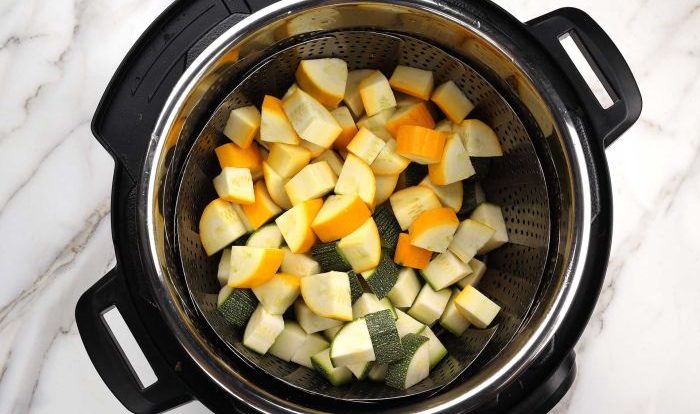Embark on a culinary adventure as we delve into the world of cottage cheese keto friendly, where creamy goodness meets nutritional harmony. This versatile dairy delicacy offers a unique blend of protein, fat, and minimal carbohydrates, making it an ideal companion for those following a ketogenic lifestyle.
With its high protein content and low glycemic index, cottage cheese emerges as a cornerstone of ketogenic nutrition. Discover how this humble ingredient can seamlessly integrate into your keto meal plan, providing satiety, nourishment, and culinary inspiration.
Nutritional Value of Cottage Cheese
Cottage cheese is a versatile dairy product known for its creamy texture and mild flavor. Beyond its culinary appeal, cottage cheese stands out for its impressive nutritional profile, making it a valuable addition to a ketogenic diet.
Macronutrient Content, Cottage cheese keto friendly
Cottage cheese is a rich source of essential macronutrients, primarily protein, fat, and carbohydrates. The specific proportions of these macronutrients vary depending on the brand and type of cottage cheese, but a typical serving of 1 cup (226g) contains approximately:
- Protein:24-28 grams
- Fat:4-6 grams
- Carbohydrates:4-6 grams
As evident from the breakdown, cottage cheese is a high-protein, low-carbohydrate food, making it ideal for a ketogenic diet that emphasizes fat intake and limits carbohydrate consumption.
Protein
Cottage cheese is an excellent source of complete protein, containing all the essential amino acids required for optimal bodily function. Protein is crucial for building and repairing tissues, producing hormones and enzymes, and supporting immune function.
Fat
The fat content in cottage cheese is primarily saturated fat, which is often associated with negative health effects. However, research suggests that the type of saturated fat found in dairy products, such as cottage cheese, may not pose the same risks as saturated fat from other sources.
Carbohydrates
Cottage cheese contains a small amount of carbohydrates, primarily in the form of lactose, the natural sugar found in dairy products. The carbohydrate content varies depending on the type of cottage cheese, with low-fat varieties containing slightly higher amounts than full-fat options.
Nutritional Breakdown
The following table provides a detailed nutritional breakdown per serving (1 cup or 226g) of typical cottage cheese:
| Nutrient | Amount |
|---|---|
| Calories | 163 |
| Protein | 24-28g |
| Fat | 4-6g |
| Carbohydrates | 4-6g |
| Fiber | 0g |
| Sodium | 190mg |
| Calcium | 14% of Daily Value |
| Phosphorus | 20% of Daily Value |
Ketogenic Diet Principles: Cottage Cheese Keto Friendly
A ketogenic diet is a low-carbohydrate, high-fat diet that forces the body to burn fat for energy instead of glucose. This metabolic state is known as ketosis.
The basic principles of a ketogenic diet are:
- Restricting carbohydrate intake to 20-50 grams per day.This forces the body to rely on fat for energy.
- Increasing fat intake to 70-80% of total calories.This provides the body with the energy it needs to function properly.
- Maintaining a moderate protein intake of 15-20% of total calories.Protein is essential for building and repairing tissues, but too much protein can prevent ketosis.
Role of Macronutrient Ratios in Ketosis
The macronutrient ratios in a ketogenic diet are crucial for achieving and maintaining ketosis. Carbohydrates are the body’s preferred source of energy, so reducing carbohydrate intake forces the body to burn fat instead.
The ideal macronutrient ratio for a ketogenic diet is:
-80% fat, 15-20% protein, and 5-10% carbohydrates
This ratio provides the body with the energy it needs while minimizing carbohydrate intake.
Importance of Limiting Carbohydrate Intake
Limiting carbohydrate intake is essential for achieving and maintaining ketosis. When carbohydrate intake is too high, the body will use glucose for energy instead of fat.
There are several ways to limit carbohydrate intake on a ketogenic diet:
- Avoiding sugary drinks and processed foods.These foods are high in carbohydrates and can quickly kick you out of ketosis.
- Choosing low-carb fruits and vegetables.Some fruits and vegetables, such as berries and leafy greens, are low in carbohydrates and can be included in a ketogenic diet.
- Reading food labels carefully.Pay attention to the serving size and carbohydrate content of foods before you eat them.
By following these principles, you can achieve and maintain ketosis and reap the many benefits of a ketogenic diet.
Cottage Cheese and Keto Compatibility
Cottage cheese is a versatile and nutritious dairy product that has gained popularity among keto dieters. Its compatibility with a ketogenic diet stems from its low carbohydrate content and high protein and fat content.
The macronutrient profile of cottage cheese aligns well with the principles of a keto diet. Per 100 grams, it contains approximately 12 grams of protein, 4 grams of fat, and only 4 grams of carbohydrates, making it an ideal food choice for those aiming to limit their carb intake.
Carbohydrate Content
The low carbohydrate content of cottage cheese is a crucial factor in its suitability for a keto diet. Carbohydrates are the primary source of energy for the body, but on a ketogenic diet, the body switches to burning ketones, which are produced from fat.
By limiting carbohydrate intake, cottage cheese helps maintain ketosis, the metabolic state where the body burns fat for fuel.
Protein Content
Cottage cheese is an excellent source of protein, which is essential for maintaining muscle mass and satiety. On a keto diet, protein intake is typically higher than on a standard diet, as it helps preserve muscle tissue during periods of restricted carbohydrate consumption.
Fat Content
The fat content in cottage cheese contributes to its satiating effects and provides energy. Fat is an important macronutrient on a keto diet, as it helps increase ketone production and provides a feeling of fullness.
If you’re following a ketogenic diet, cottage cheese is a great source of protein and healthy fats. To add a little extra flavor and sweetness, try adding a scoop of protein cookie butter powder to your cottage cheese. This will give you a delicious and satisfying snack that will help you stay on track with your diet.
In conclusion, cottage cheese is a keto-friendly food due to its low carbohydrate content, high protein content, and moderate fat content. It can be incorporated into a keto meal plan as a snack, breakfast item, or addition to salads and main dishes.
Serving Suggestions and Recipes
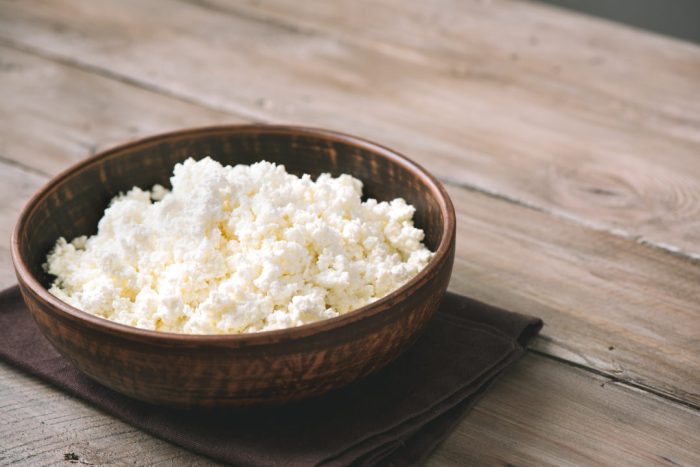
Cottage cheese’s versatility makes it an excellent ingredient in keto-friendly meals. Its mild flavor and creamy texture pair well with various savory and sweet dishes.
Incorporating cottage cheese into your keto diet is easy. Here are some serving suggestions:
- Breakfast:Add cottage cheese to your favorite keto-friendly breakfast recipes, such as omelets, frittatas, or breakfast casseroles.
- Lunch:Use cottage cheese as a filling for lettuce wraps, sandwiches, or salads.
- Dinner:Cottage cheese can be served as a side dish or incorporated into main dishes like casseroles, soups, or stir-fries.
Here’s a simple recipe using cottage cheese as a main ingredient:
Cottage Cheese Pancakes
- 1 cup cottage cheese
- 1/4 cup almond flour
- 1/4 cup coconut flour
- 1/2 teaspoon baking powder
- 1/4 teaspoon salt
- 1 egg
- 1 tablespoon butter or coconut oil, for greasing the pan
- In a large bowl, combine all the ingredients and mix well.
- Heat a large skillet over medium heat and grease it with butter or coconut oil.
- Pour 1/4 cup of batter into the hot skillet for each pancake.
- Cook for 2-3 minutes per side, or until golden brown.
- Serve with your favorite keto-friendly toppings, such as sugar-free syrup, berries, or whipped cream.
Potential Benefits and Drawbacks
Consuming cottage cheese on a keto diet can offer certain benefits and may pose some drawbacks. Understanding these aspects helps in making informed choices and maintaining a balanced approach.
Let’s explore the potential benefits and drawbacks of cottage cheese in the context of a ketogenic lifestyle.
Benefits
- High Protein Content:Cottage cheese is a rich source of protein, essential for satiety and maintaining lean muscle mass during a keto diet.
- Low Carbohydrate Content:It contains minimal carbohydrates, making it suitable for a ketogenic diet, which restricts carbohydrate intake.
- Rich in Calcium:Cottage cheese is an excellent source of calcium, supporting bone health and preventing osteoporosis.
- May Promote Fat Loss:The protein and calcium in cottage cheese may enhance thermogenesis and support fat oxidation.
Drawbacks
- High Sodium Content:Cottage cheese can be high in sodium, which may be a concern for individuals with hypertension or those following a low-sodium diet.
- May Not Be Suitable for Lactose Intolerant Individuals:Cottage cheese contains lactose, which may cause digestive discomfort in individuals with lactose intolerance.
- Limited Nutritional Variety:While cottage cheese provides protein and calcium, it lacks certain micronutrients that may need to be supplemented in a keto diet.
Alternatives to Cottage Cheese
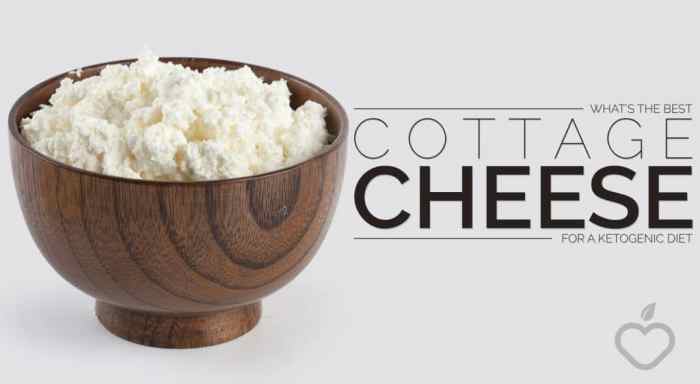
Cottage cheese is not the only keto-friendly dairy product available. Other options offer similar nutritional profiles and can provide variety to your diet.
When selecting alternatives to cottage cheese, consider their nutritional content and how they fit into your overall ketogenic diet plan. Some popular options include:
Greek Yogurt
- Greek yogurt is a thick, strained yogurt with a higher protein content than regular yogurt.
- It is a good source of calcium, potassium, and probiotics.
- Greek yogurt can be used as a substitute for cottage cheese in recipes or enjoyed on its own with berries or nuts.
Sour Cream
- Sour cream is a fermented dairy product with a tangy flavor.
- It is high in fat and contains a moderate amount of protein.
- Sour cream can be used as a topping for soups, stews, and tacos, or as a base for dips and sauces.
Heavy Cream
- Heavy cream is a high-fat dairy product with a thick, rich texture.
- It is a good source of vitamins A and D.
- Heavy cream can be used in sauces, soups, and desserts, or whipped and enjoyed as a topping.
Nutritional Comparison
| Nutrient | Cottage Cheese (1/2 cup) | Greek Yogurt (1/2 cup) | Sour Cream (1/4 cup) | Heavy Cream (1/4 cup) |
|---|---|---|---|---|
| Calories | 80 | 80 | 100 | 200 |
| Protein (g) | 12 | 15 | 2 | 0 |
| Fat (g) | 4 | 3 | 10 | 22 |
| Carbohydrates (g) | 5 | 5 | 3 | 2 |
Ultimate Conclusion
In conclusion, cottage cheese stands as a valuable addition to a ketogenic diet, offering a rich source of protein, essential fats, and minimal carbohydrates. Its versatility extends beyond breakfast bowls, making it a culinary chameleon that can enhance salads, dips, and even keto-friendly desserts.
Embrace the creamy goodness of cottage cheese and unlock a world of ketogenic culinary possibilities.



